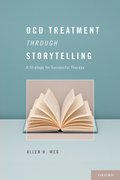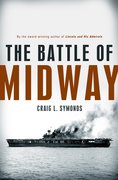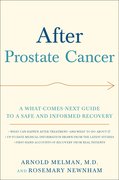We also give thanks for beer
Thanksgiving is all about tradition, and if you are like my family, your dinner will probably be served with wine. But having recently spent some time with The Oxford Companion to Beer and its Editor-in-Chief Garrett Oliver, I am thinking about adding a little twist to the end of the meal.
















